Don’t call it a saloon, call it a streamliner, said Hyundai. We'll just stick with saloon, but call it what you will; at least the Hyundai Ioniq 6 isn’t another SUV. To create it, Hyundai took the E-GMP underpinnings from its Hyundai Ioniq 5 and the Kia EV6 – two of our favourite large electric cars – and draped a lower, sleeker body over them.
In this new world of EVs, Hyundai doesn’t shout about the handling benefits of a lower car, because the centre of gravity is already pretty low in any car with a skateboard-style platform. The headline figures here instead concern the efficiency.
The first is a drag coefficient of 0.21, making the Ioniq 6 one of the slipperiest production cars around, and that pays dividends for range. With the larger 77.4kWh battery and rear-wheel drive, Hyundai estimates the WLTP range will be about 380 miles. That’s 65 miles more than the Ioniq 5 with the same battery and on par with the rival Tesla Model 3 Long Range.
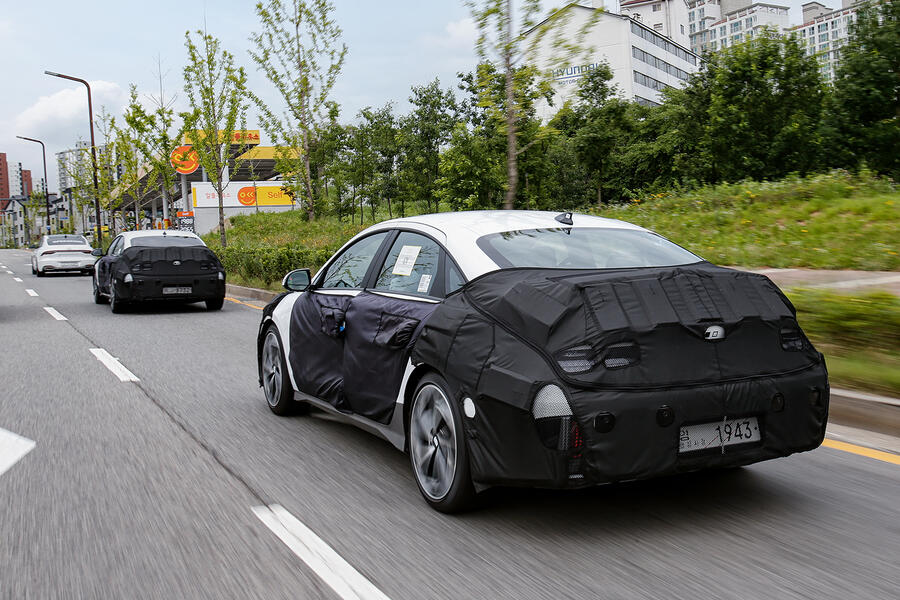
Like the other E-GMP cars, the Ioniq 6 can charge at a rate of up to 350kW, thereby achieving a 10-80% fill in as little as 18 minutes.
At the moment, details are still a bit piecemeal, since we’re still some time away from first deliveries. Customer cars ought to start trickling into Europe at the end of this year, with volumes ramping up through 2023.
We do know, however, that there will be two battery options: the aforementioned 77.4kWh pack and a 53kWh one. The cheaper car will be rear-wheel-drive only; the long-range version will also have the option of four-wheel drive and 321bhp.
Power outputs for the rear-driven Ioniq 6s haven’t been confirmed yet, but it stands to reason that they will mirror the Ioniq 5’s, at 168bhp for the entry-level version and 225bhp for the long-range one.

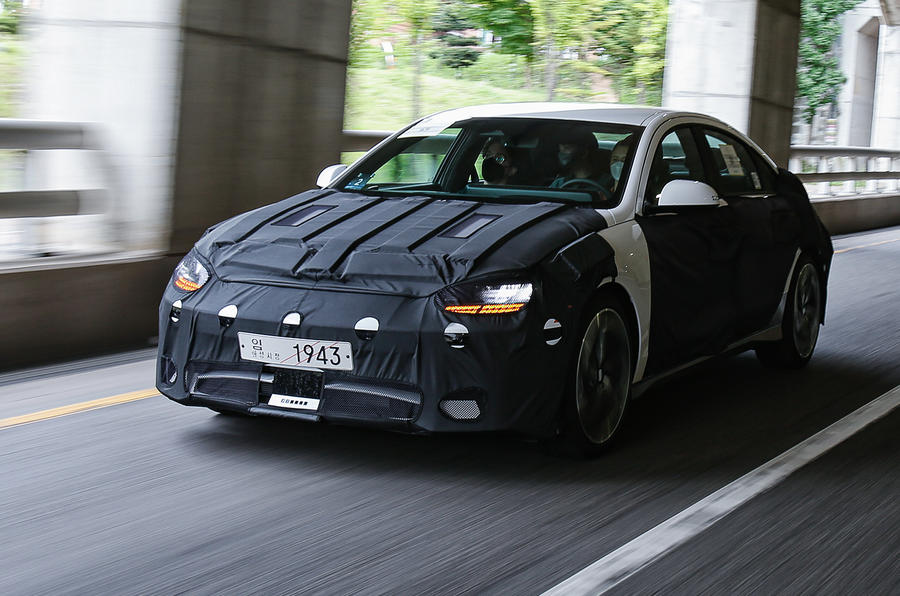









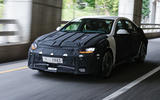










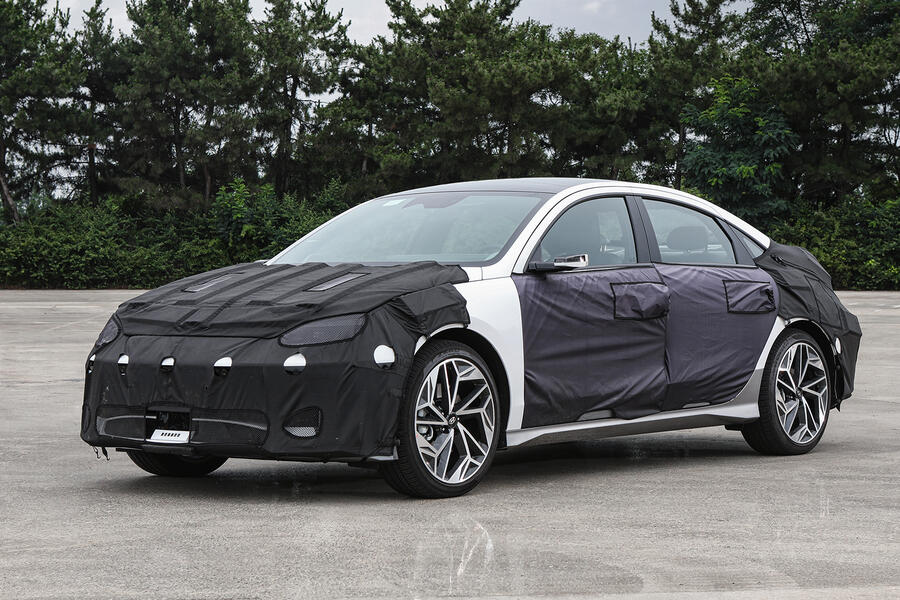
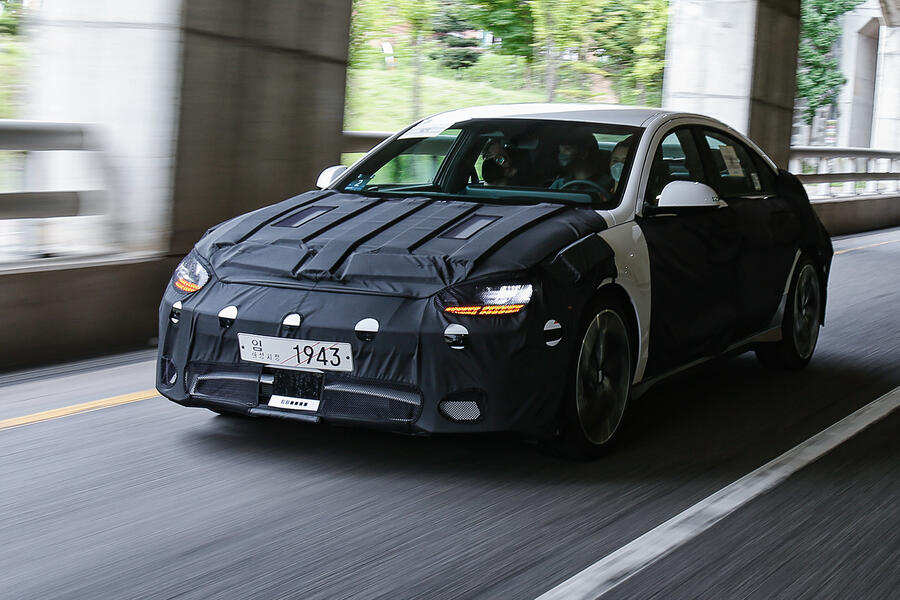






Join the debate
Add your comment
Another overpriced "eco-friendly" vehicle. Anyone who builds an electric car with range costing £20k will be king of the road. Renault 5?
VW ID.3 was meant to be in he market from £23k but it actually starts at £35k.